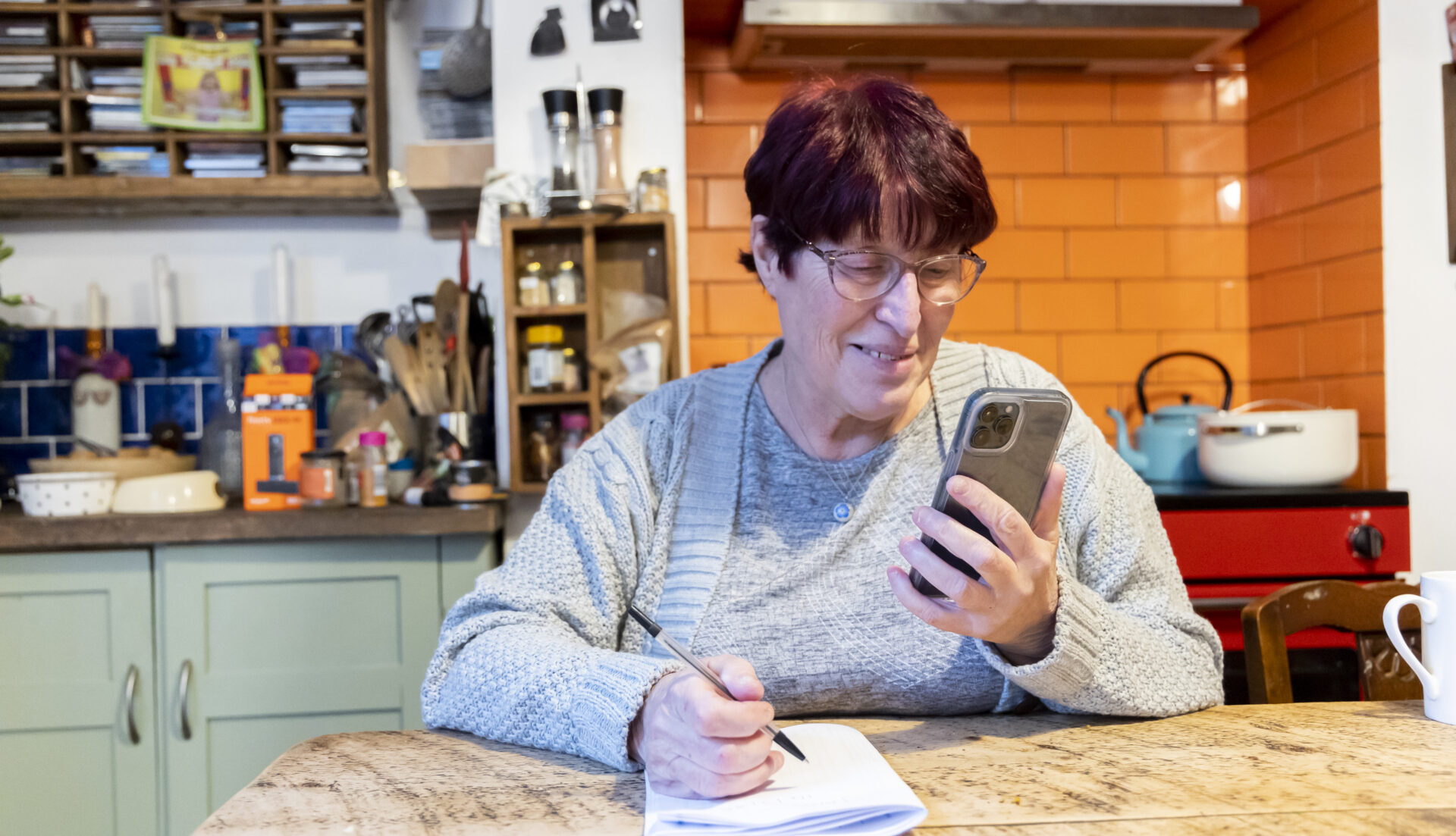
If you are a family member or friend raising a child on behalf of their parents, legal advice will help you understand what your rights are.
It’s important to have a plan in place for a health emergency, such as if you become ill, or die. These practical steps will help you to plan for what will happen to the children you care for.
This advice applies to: England and Wales
Click on the link below to take you to the section you'd like to read:
It’s completely normal to worry about what will happen to the children you care for should you have a sudden health emergency, or you die. Having a plan in place will not only give you peace of mind, but it can also help ensure that your wishes for the children’s care is followed.
Here are some practical steps you can take to help plan for if you become ill and are unable to care for the children temporarily:
If you need help putting your wishes in writing, here is a template letter that you can use. Note that it is not a legally binding agreement. It should, however, help prevent any confusion about who should care for the children until the nominated person is able to formalise the arrangement.
If your illness means that you cannot care for the children long term, you will need to have a conversation with the nominated person who is taking care of the child or children. If they are happy and able to continue caring, you may want to seek legal advice for applying for a child arrangements order. This would give the nominated person parental responsibility for the child. The formal document you signed nominating the person will also help the courts and show that you agree for that person to care for the children.
The nominated person should seek legal advice before applying to the court.
It is important to appoint a guardian to look after any children you are caring for, should you die. It means that you can make sure the children you are caring for will be looked after by someone you trust, or someone that already has a relationship with them. This is called ‘testamentary guardianship’.
A testamentary guardian is a person that you appoint, in your will, to care for a child should you die. When you die, a testamentary guardian takes on full parental responsibility for the child.
Kinship carers who hold a child arrangements order can only delegate parental responsibility to someone else if there is no surviving person, or special guardian, with parental responsibility. This includes testamentary guardianship.
Here are some organisations that offer legal support and advice.
Advocate is a charity that finds free legal assistance from volunteer barristers. Check if you’re eligible to apply for help.
Coram Children’s Legal Centre runs a helpline for legal advice and information. They also have family law advice resources available on their website.
The Family Rights Group’s Advice and Advocacy service supports kinship carers to understand the law and child welfare processes. They have a helpline, webchat service and online resources.
Grandparents Legal Centre provides specialist kinship care support for grandparents. They will provide initial legal advice for free, over the phone, but you must mention you have been signposted by Kinship.
If you need to find a solicitor in your area who is accredited in family law, use the Find a Solicitor service by The Law Society.
NYAS is a charity offering legal advice. They have a Parent Advocacy service for people with parental responsibility.
Support through Court is a free, volunteer-led service that supports people who are facing court without legal representation.
Sign up for emails to keep up to date with the information that’s important to you, from support and advice for kinship carers, to our latest news, events and campaigns.